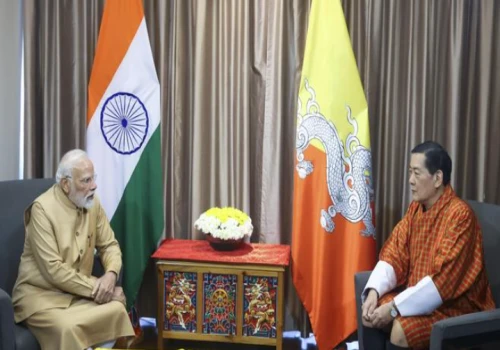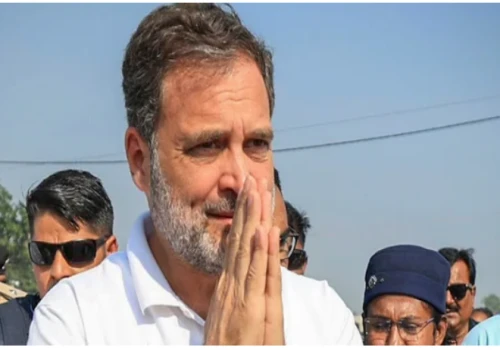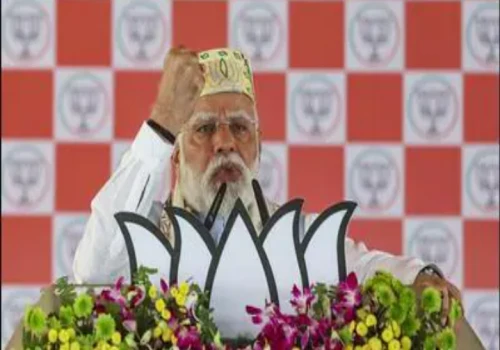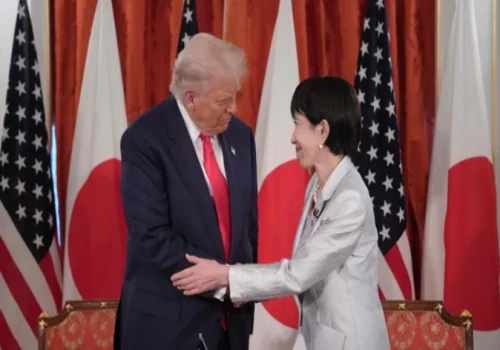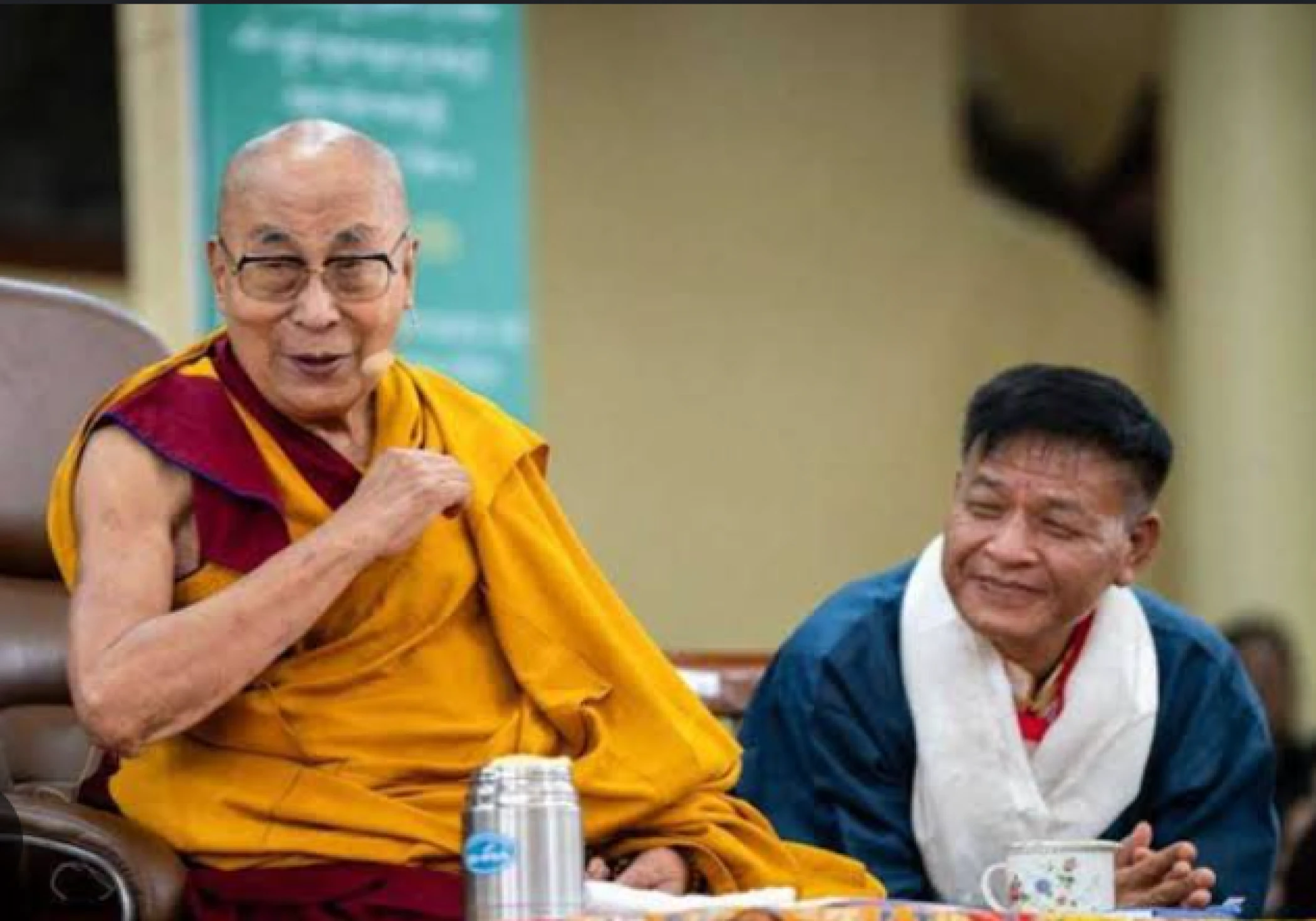
Dalai Lama makes headlines with two major announcements that openly defy China, reshaping the geopolitical and spiritual narrative of Tibet.
In a major diplomatic and spiritual gesture, the 14th Dalai Lama has made two significant declarations that many experts interpret as a direct snub to China’s ongoing claim and influence over Tibetan affairs. The first announcement involves the future recognition of his reincarnation—a decision that he firmly states will be determined solely by the Tibetan people and not by the Chinese government. This stance challenges Beijing's attempt to control Tibetan Buddhist traditions and undermines their authority on succession matters.
The second announcement broadens the Dalai Lama's global spiritual mission. He revealed plans to expand his international initiatives, especially among younger generations worldwide, reaffirming his commitment to peace, compassion, and autonomy beyond China's reach. These twin moves come at a crucial time when the international community is once again paying attention to Tibet’s cultural and religious freedom, sparking both hope and tension in the region.
With China strongly opposing any independent Tibetan governance or religious autonomy, the Dalai Lama’s statements are being seen as not only bold but also deeply symbolic. This may trigger renewed interest from global human rights bodies and shift the discourse in international politics regarding Tibet and China relations.
These moves signal a new era in the Tibet-China dynamic, one where spiritual authority and global dialogue could challenge political power in unprecedented ways.








